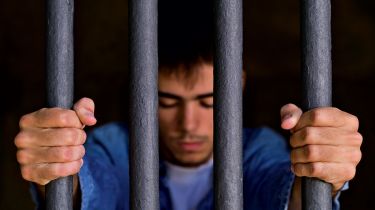Disqualified drivers to get tougher jail terms
Banned motorists who kill while driving could face 10 years in jail under new laws

Disqualified drivers who kill while behind the wheel could be jailed for up to 10 years under tougher sentences announced by the Government.
Justice Secretary Chris Grayling has said motorists who ignore driving bans will face longer prison terms under new laws.
The tougher sentences, due to be introduced next year, include 10 years for causing death and up to four years for serious injuries.
The current maximum sentence faced by a driver who causes death while driving when disqualified is two years in jail and there is no specific offence of causing serious injury while banned.
• Uninsured drivers escaping with small fines
Mr Grayling also announced there would be a full review of all driving offences and penalties including those committed by uninsured and unlicensed drivers.
He said: “I want to make our roads safer and ensure people who cause harm face tough penalties. Disqualified drivers should not be on our roads for good reason. Those who chose to defy a ban imposed by a court and go on to destroy innocent lives must face serious consequences for the terrible impact of their actions.
"Today, we are sending a clear message that anyone who does will face much tougher punishment."
In 2012 there were 16 prosecutions and 13 convictions for causing death by driving when disqualified, unlicensed or uninsured.
MPs had called for a change in the law to punish banned drivers following a serious of minor sentences in cases across the UK.
• Drivers opting for speed awareness course over points
Julie Townsend, deputy chief executive of road safety charity Brake, hopes the changes will put an end to families being let down by the justice system.
She added: "We have long campaigned for a shake-up of charges and penalties for risky and irresponsible drivers who kill and injure on our roads.”
AA president Edmund King said: "A small proportion of drivers are serial offenders who need to be taken off the road. We support these changes as a deterrent to not re-offend or as a means of stopping those imprisoned who seem intent to be serial re-offenders."


